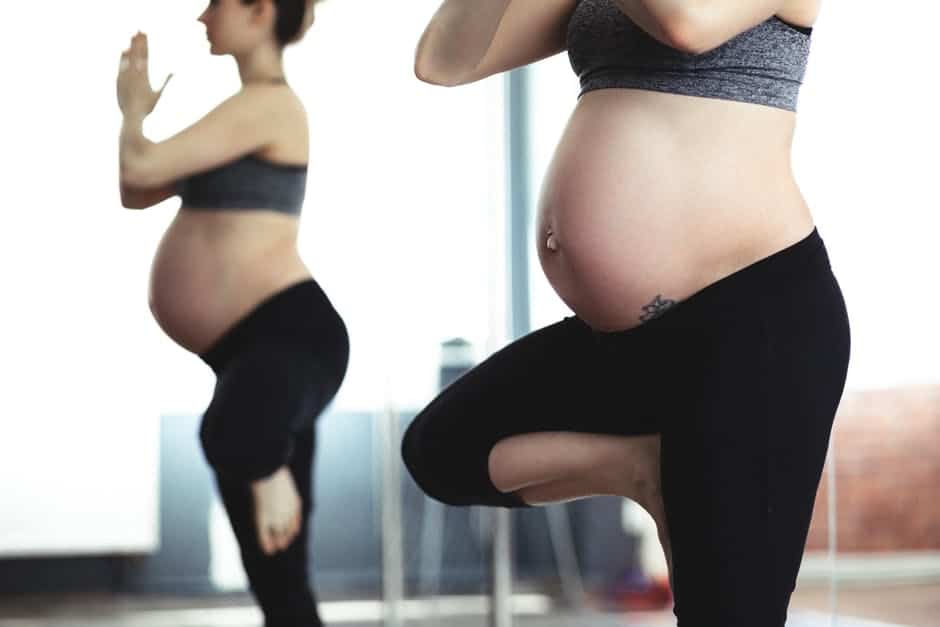According to The American College of Obstetrics and Gynecology, healthy pregnant women should get 30 minutes or more of moderate exercise per day.
While there are many different exercise options to choose from, you want to make sure you’re choosing a safe exercise for pregnancy. If you’re wondering whether Pilates is safe for pregnant women, you’re in the right place! Keep reading to learn all about Pilates for pregnancy.
What Is Pilates?
Pilates is a type of exercise that aims to improve strength and flexibility, with a focus on core strength. The method includes concentration on small movements and steady and controlled breathing.
Pilates is a low-impact exercise that focuses on muscle tone rather than building muscles. It is performed on a mat or special pilates reformer machine.
Is Pilates Safe During Pregnancy?
Exercise is an important part of a healthy lifestyle and can help reduce stress and manage fatigue. Safe exercise is especially important during pregnancy. Pilates is a safe exercise to perform during pregnancy.
As a low-impact option, many women find prenatal Pilates to be one of the best types of exercise. It helps manage typical pregnancy-related aches and pains. Some modifications may be necessary during different times throughout a pregnancy.
Some high-risk pregnancies may restrict exercise ability. It’s important to always consult your doctor before beginning or continuing with any exercise program when pregnant.
Benefits of Pilates for Pregnancy
During pregnancy, the body is undergoing a lot of changes. There’s an increase in blood volume, heart rate, and cardiac output. Pregnancy hormone changes also promote more flexibility in joints and muscles.
Pilates for early pregnancy focuses on breathwork. The breathing techniques help calm the nervous system, reduce anxiety, and decrease blood pressure.
Pilates prepares women for a more comfortable pregnancy and delivery. It strengthens abdominals, back, and pelvic floor muscles. The focus on core strength also helps the body cope with carrying the extra weight of the baby and decreases back pain during pregnancy.
Precautions to Take
Because of the changes your body undergoes during pregnancy, it’s important not to over-exert yourself or stretch too much. You should look for specific Pilates classes for pregnancy or private instruction, like these lessons. That will help ensure the exercises are adapted to each stage of pregnancy.
Throughout pregnancy, abdominal exercise should be limited. By the second trimester, all abdominal work should be avoided. It’s also important to avoid exercise positions where you’re lying on your stomach or back from the second trimester onward.
Ready to Start Your Pilates Journey?
Now that you know the benefits of Pilates for pregnancy, are you ready to start exercising? As long as you check with your doctor before you begin, Pilates is a safe and effective exercise during pregnancy.
If you’re interested in more articles like this, check out the rest of our blog!
